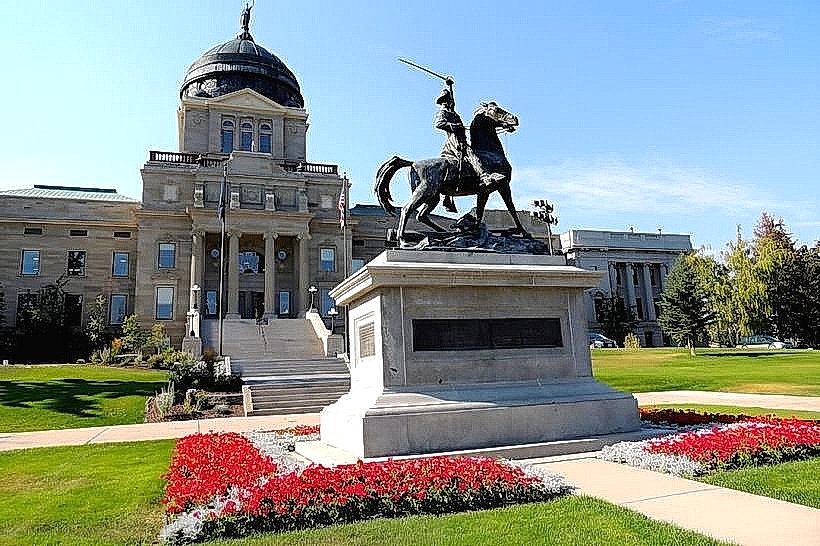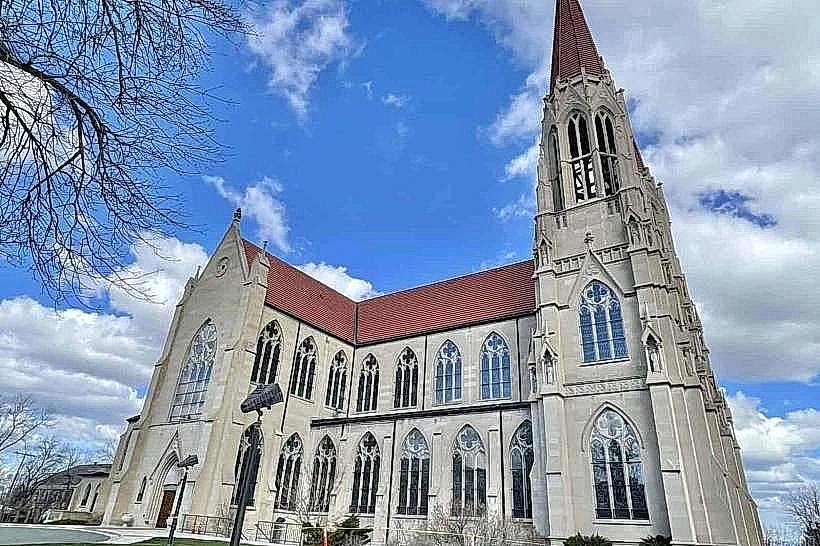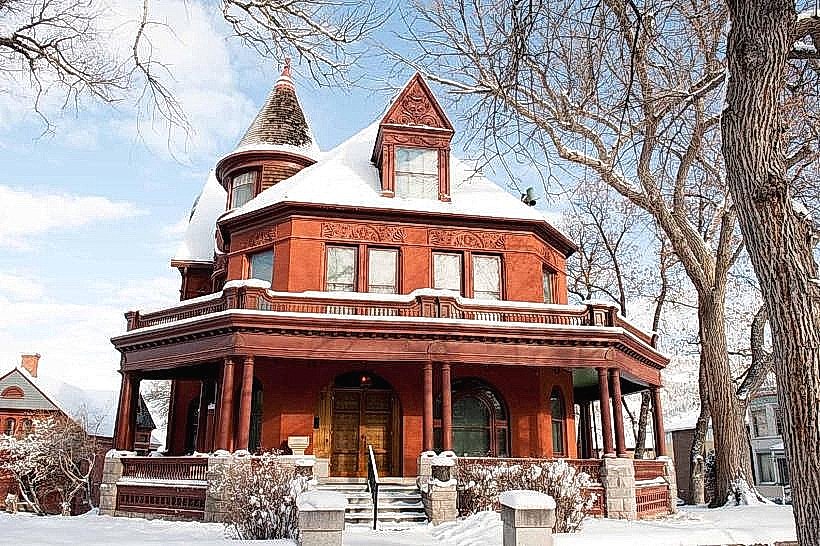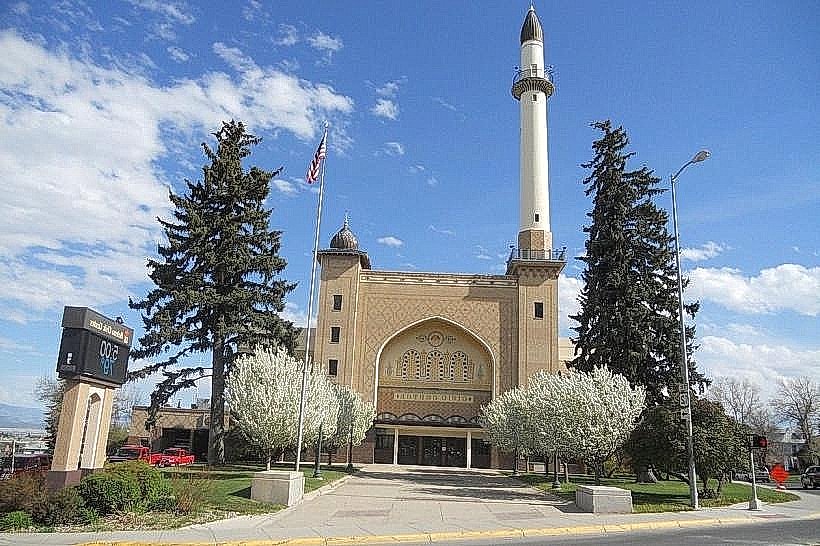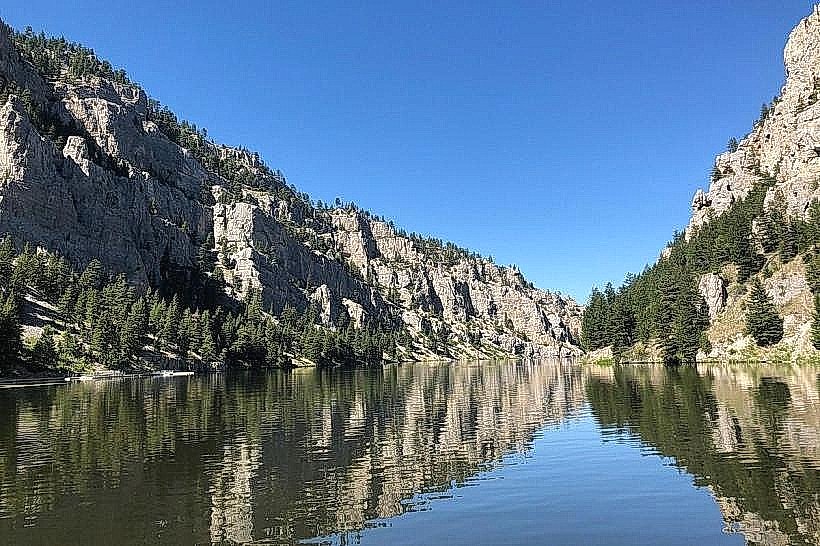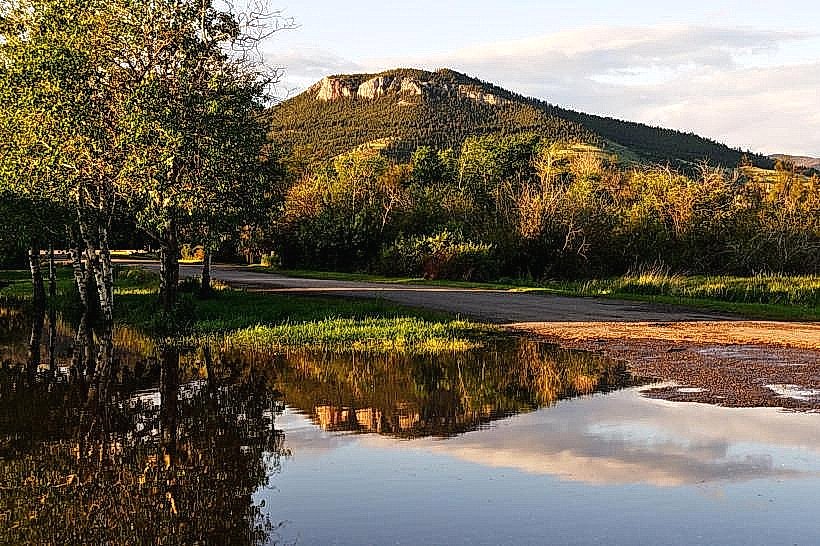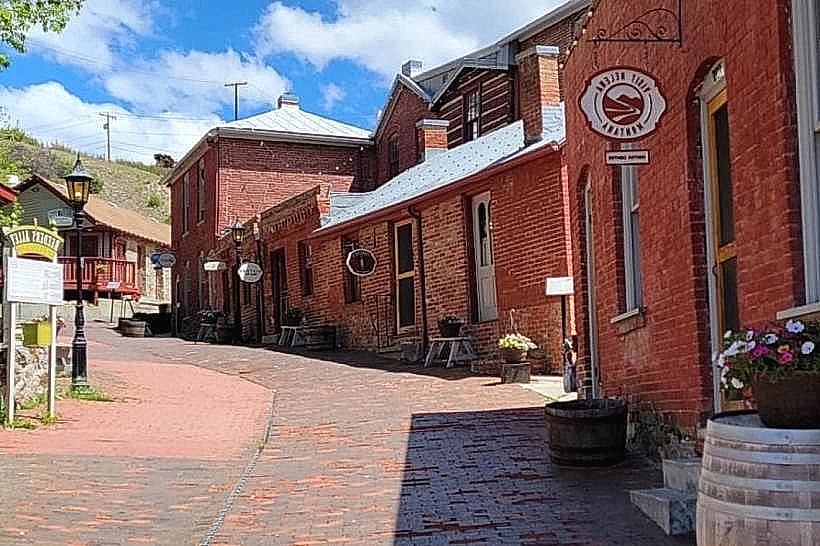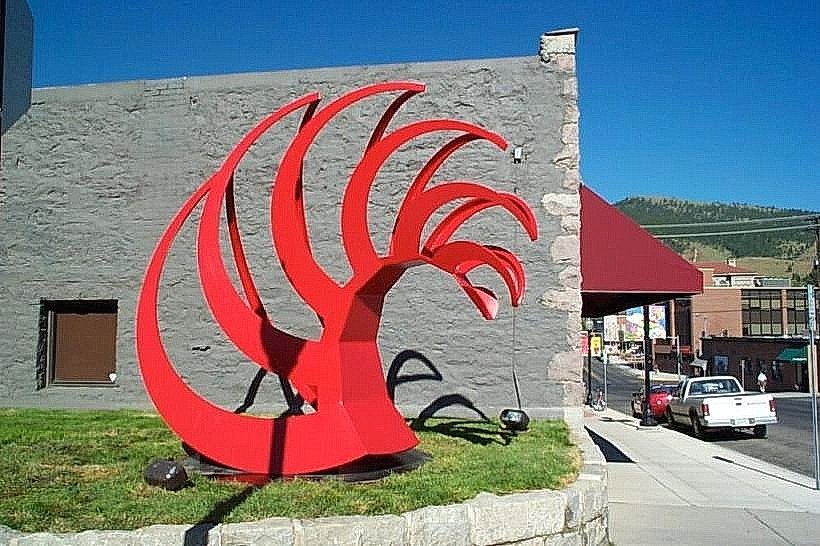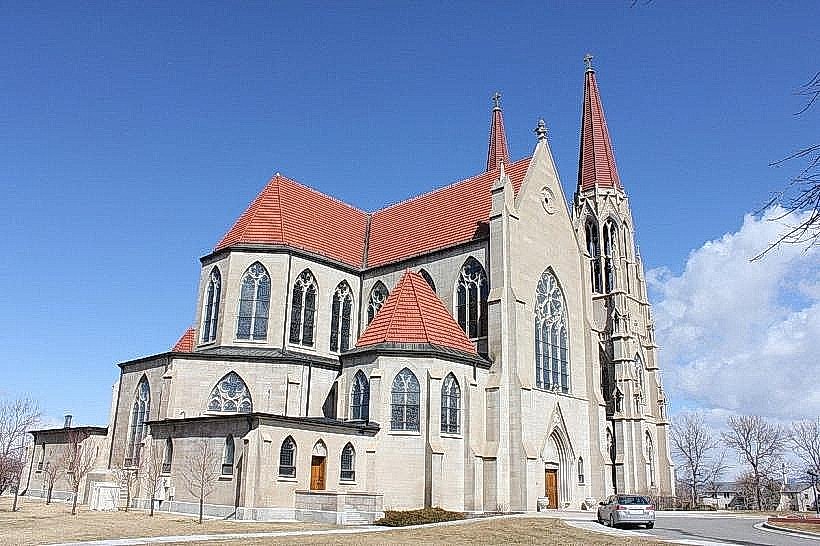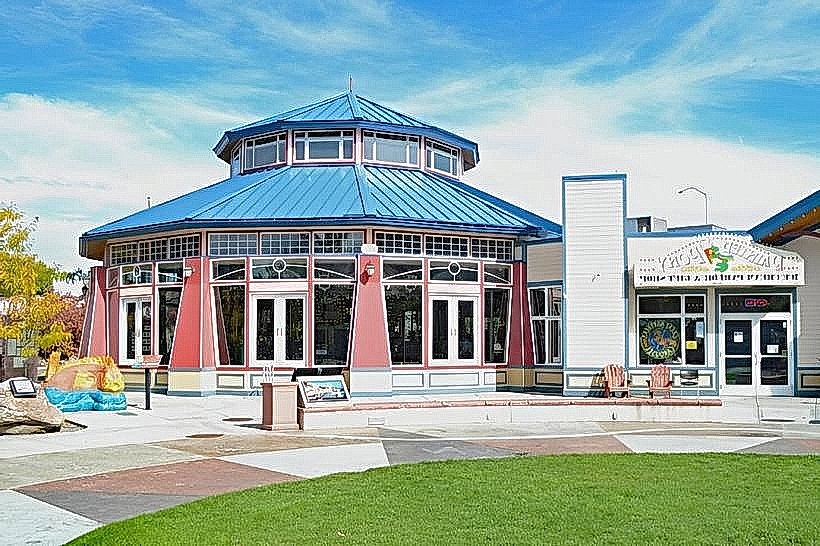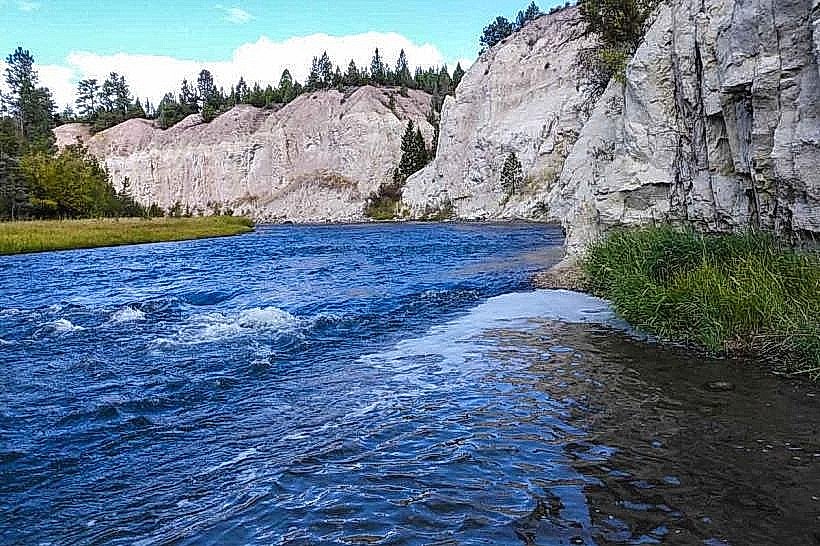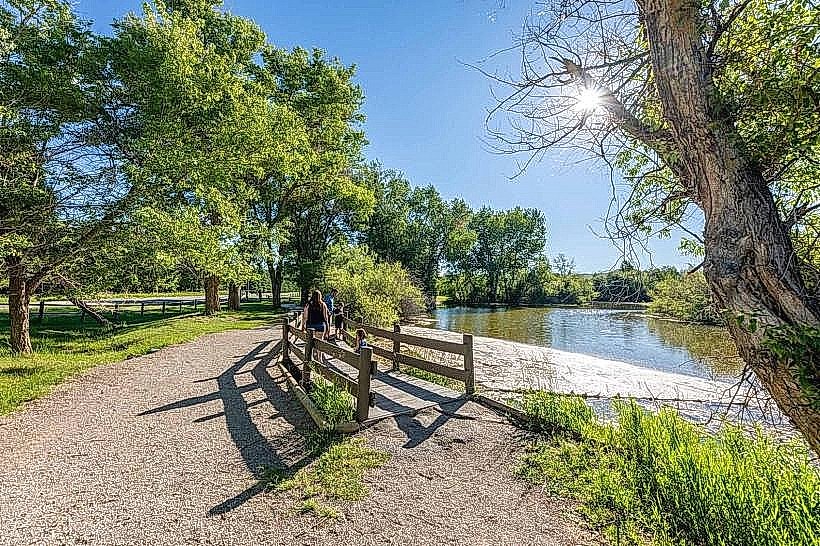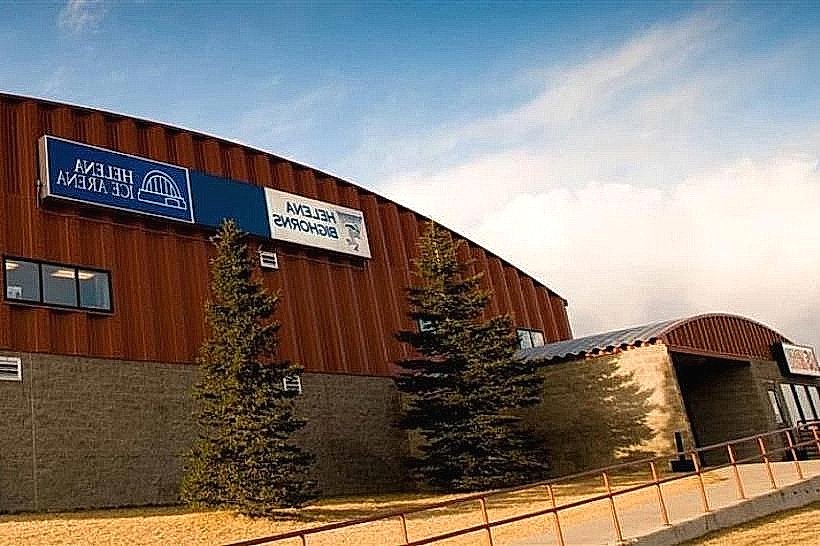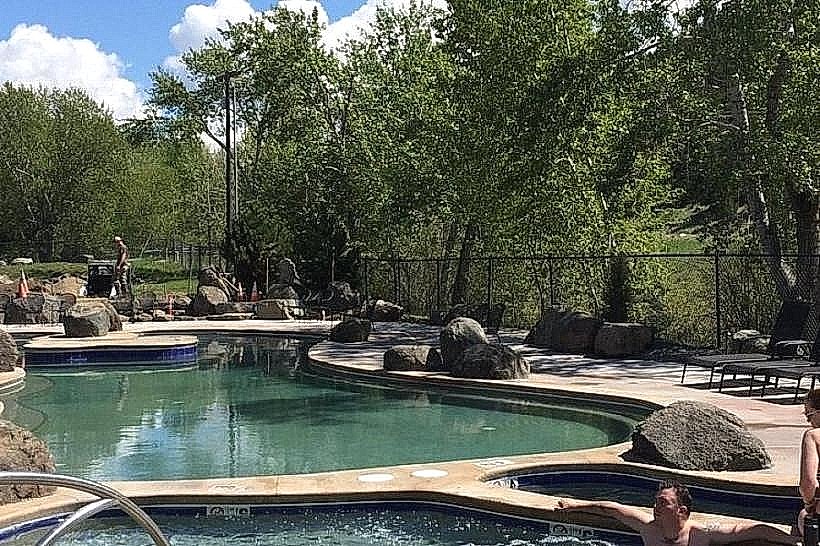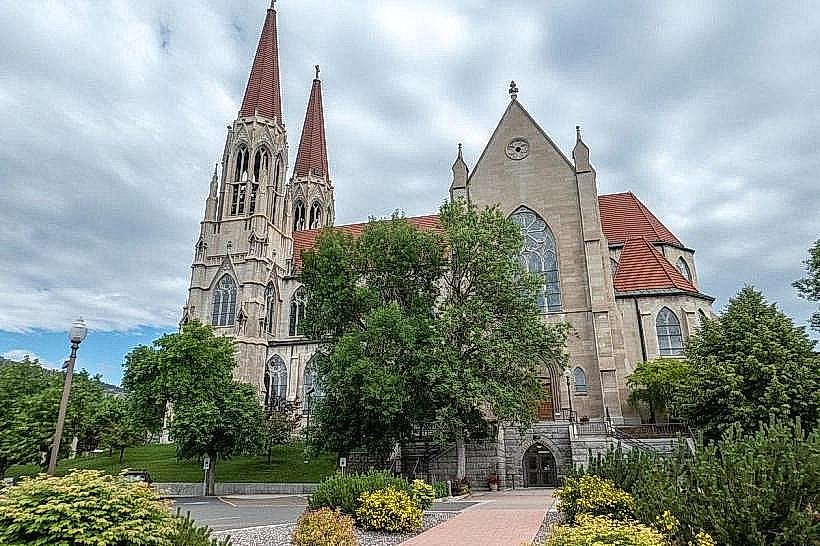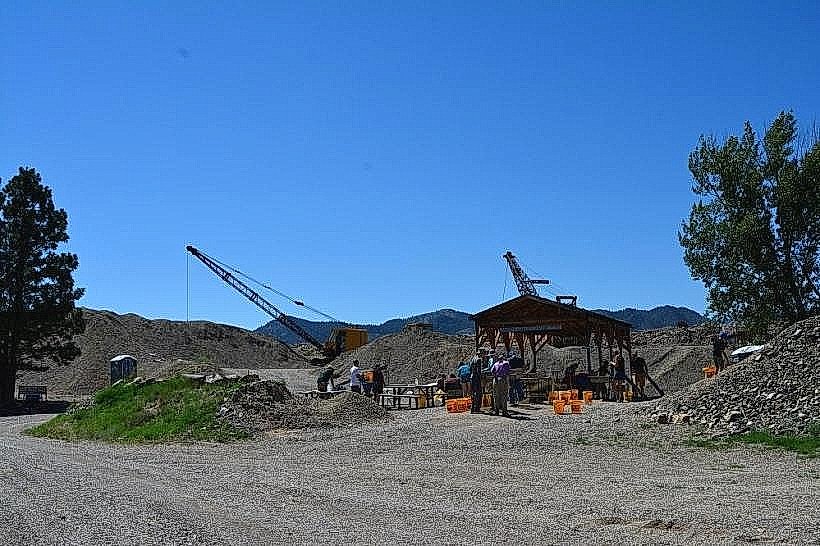Information
Landmark: Helena-Lewis and Clark National ForestCity: Helena
Country: USA Montana
Continent: North America
Helena-Lewis and Clark National Forest, Helena, USA Montana, North America
Overview
In west-central Montana, the Helena–Lewis and Clark National Forest stretches across more than 3 million acres, where freezing rivers cut through pine-covered mountains and quiet lakes reflect the sky, to boot born from the merging of Helena National Forest and Lewis and Clark National Forest, this protected stretch of Montana invites you to wander through rugged peaks, spot elk in the meadows, and step into the stories woven into its wild and historic lands, more or less In a way, For thousands of years, the Salish, Blackfeet, and Crow called this forest home, following its rivers for fishing, tracking elk through the pines, and moving with the seasons across its wide valleys, along with in the 1800s, European-American settlers came west chasing gold, cutting timber, and planting crops in valleys where the soil was shadowy and rich.Just so you know, Helena National Forest took shape in the early 1900s, later merging with Lewis and Clark National Forest, its name honoring the storied expedition that crossed these rugged valleys a century earlier, as a result the combined forest safeguards its rich ecology and deep history, sheltering wildlife, clear-running creeks, and rolling green hills, while opening trails for people to explore.The Helena–Lewis and Clark National Forest spans rugged mountains, crossing the Continental Divide and rolling down into foothills and river valleys where the water runs icy and swift, consequently the region’s scenery ranges from dense pine, spruce, and fir forests to alpine meadows splashed with summer wildflowers, with glacial valleys twisting between sharp ridges and rivers like the Missouri, Smith, and Dearborn cutting through.Its varied terrain shelters grizzlies and black bears, elk, moose, mountain goats, deer, wolves, and soaring eagles, creating a vital refuge for both hunters and the hunted, likewise seasonal migrations sweep across the landscape, and nesting behaviors bring bursts of activity-moments when you might spot a heron settling into its treetop home.If I’m being honest, The forest offers something for every outdoor lover, with miles of winding trails leading through quiet valleys and up into rugged peaks-perfect for anything from a gentle afternoon stroll past pine and wildflowers to a multi-day backpacking trip deep into the wilderness, not only that rivers and lakes offer great spots for trout fishing, where the water flashes silver as a fish breaks the surface, and they’re perfect for a peaceful afternoon of scenic boating.In Montana, you can pitch a tent at a developed campground or find a quiet spot in the open woods, breathing in the sharp scent of pine as you take in the state’s wild beauty, therefore the forest hosts regulated hunting seasons and gives visitors the chance to watch deer slip quietly through the underbrush, offering remarkable wildlife viewing in a truly natural setting.In the winter, people flock to higher elevations for snowshoeing, cross-country skiing, and snowmobiling, carving fresh tracks into the crisp, white snow, equally important stretching for miles, the forest offers quiet hideaways where you might hear only the wind in the pines, as well as easy-to-reach trails close to Helena and nearby towns-perfect for both seasoned explorers and laid‑back visitors.Truthfully, The Helena–Lewis and Clark National Forest safeguards Montana’s rich ecosystems while keeping its history alive, from ancient logging trails to the quiet remnants of frontier towns, therefore winding trails and quiet river corridors follow the same routes once taken by Native Americans, fur traders, and the Lewis and Clark Expedition, where boot prints and paddle strokes marked the way, sort of As you can see, Weathered mining tools, classical log cabins, and slight interpretive signs tell the story of how people have worked and lived on this land for centuries, then the forest safeguards watersheds, manages timber, and preserves habitats, all while balancing care for the land with hiking trails and local livelihoods, not entirely In the forest, visitors find quiet stretches of wilderness, catch sight of jagged peaks glowing in the sun, and feel the rush of stumbling onto something contemporary, what’s more sunrise spills over jagged alpine peaks, mirrored in glassy mountain lakes, while the rush of icy rivers through narrow valleys pulls you deep into the moment.Frankly, The seasons transform the landscape, turning summer’s meadows into a sweep of wildflowers and winter’s hills into ridges brushed with snow, therefore montana offers countless chances to be alone-wandering a remote trail, gliding down a hushed stream, or sleeping beneath a sky thick with stars-each moment pulling you closer to its wild, untouched beauty, to some extent The Helena–Lewis and Clark National Forest stands as a living monument to Montana’s wild heart, where you can hike rugged trails, watch elk move quietly through pine shadows, and trace the footsteps of history, simultaneously rugged mountains, teeming wildlife, and deep-rooted traditions come together here, drawing travelers who want to feel the wind on their face and witness the untamed spirit of huge Sky Country., in some ways
Author: Tourist Landmarks
Date: 2025-10-21


